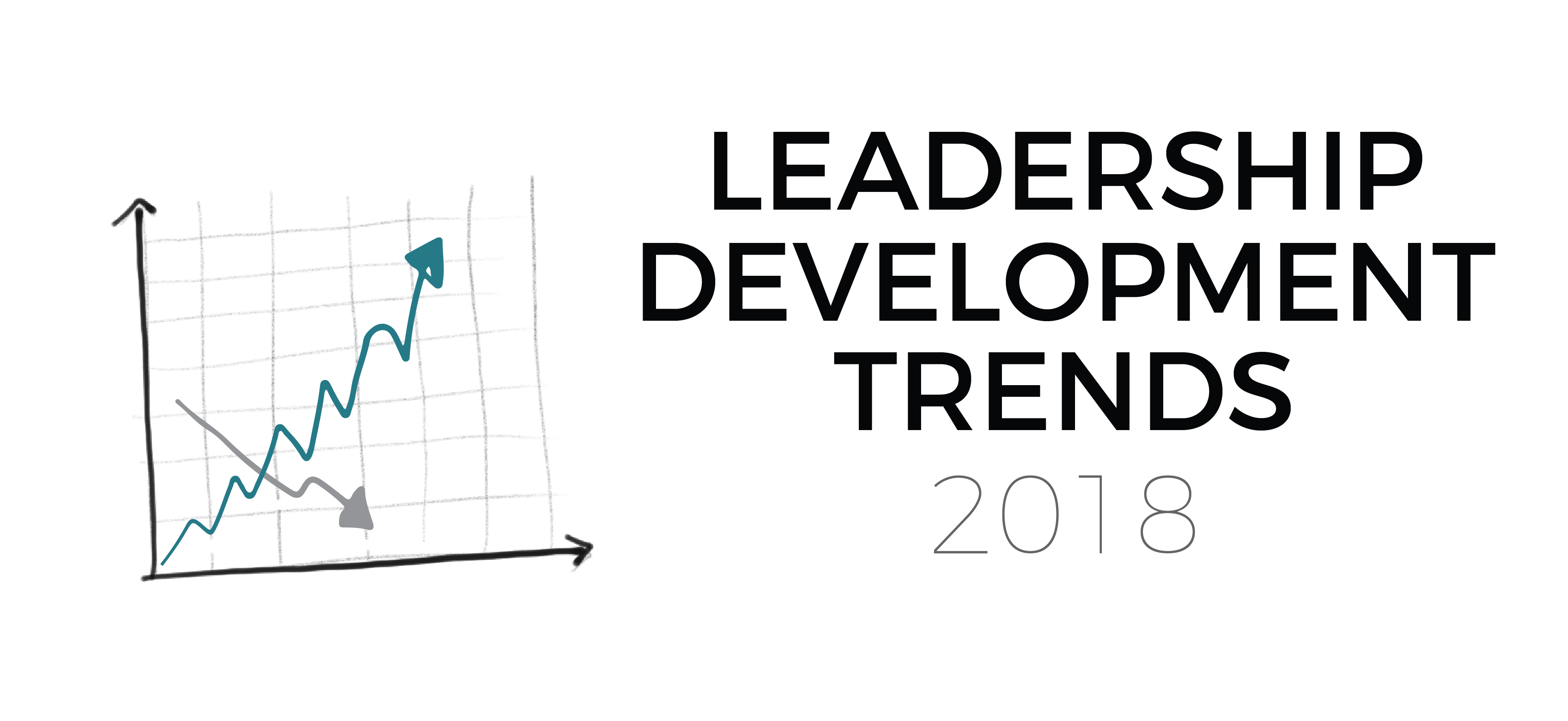3 Trends That Will Shape Leadership Development This Year and Why They Matter

3 Trends That Will Shape Leadership Development This Year And Why They Matter
Organisations are facing huge challenges today as they grapple with how to better prepare their leaders to steer through unprecedented and rapidly accelerating changes in the business world. The landscape of what leadership means today is changing, as leaders are required to both develop innovative, sustainable businesses for an unknown long-term future and to deliver strong results today. But there is great opportunity as well. Through my work with clients, I see three trends emerging, which, when addressed, can lead the way to success.
1. Organisational structures are being redesigned and flattened, resulting in changes in what is being asked of leaders.
According to the 2017 Mercer Global Talent Trends Report, 93% of companies interviewed rated reshaping organisational design and structure as a top priority and are planning changes. Many intend to flatten their organisations, decentralise decision making and extend authority and control.
Flatter organisations, combined with the onslaught of technological advancements and globalisation of the markets they serve, means that a new breed of leaders must arise. The days of command and control are no longer effective or relevant, as there is no way leaders can be experts on the vast array of rapidly changing market factors and technology. Instead, they must focus more on inspiring, empowering and mobilising the experts in those areas — who are often spread around the world.
Leaders are no longer the smartest people in the room who know the most about everything. To be successful, they now need to be able to surround themselves with experts in those fields who are smarter than themselves, and then they must find ways to motivate and empower those people in order to mobilise them towards a shared vision.
2. There is a scarcity of ready leaders in the pipeline.
The leadership development industry is facing a conundrum: On one hand, the sector has been seeing phenomenal growth with further growth predicted. Harvard Business’s 2016 State of Leadership report stated that over half of the organisations they surveyed planned to increase spending on these programmes in the next two years.
On the other hand, worrying about how to find leaders who are strong in the new skills and abilities needed for growth and success is top of mind for many boards and CEOs. In fact, the Mercer report points to talent scarcity as one of the biggest issues facing executives today.
There is a lag between what leaders are being trained for today and what skills will be needed for tomorrow. Skills such as reflection, dialogue, connection and empathy are still finding their ways into the very fabric of corporate structure and business strategy as businesses try to move past slogans and learn how to actually “walk their talk.” Luckily, CEOs such as Microsoft’s Satya Nadella whose “learn-it-all” approach to leading (vs. the traditional “know-it-all”) is modelling and inspiring those that follow.
3. Leadership training needs to change to become more relevant and core to business strategy.
Despite all the focus on leadership programmes, few business leaders consider leadership development a strategic priority because they don’t see any impact or connection to results. According to the Harvard Business report, only 19% of business leaders view leadership development programmes as relevant to the issues they face today
So, how can we better design programmes to make them more relevant? Organisations will need to:
• Better integrate traditional business-acumen skills with more emphasis on coaching and mentoring skills of a wide range of people with different backgrounds, expertise and needs.
• Recognise the individual growth needs for their executives and find ways of personalising programmes and learning experiences.
• Find and support explicit and sustained methods of ensuring that learning outcomes and experiences are brought back, shared and incorporated into the everyday tissue of the organisation.
• Find ways to truly focus (as opposed to checking it off the box) on personal growth in areas such as self-awareness, intuition, true empathy and the ability to read a room.
When you are no longer the smartest person in the room, you need to make sure you can understand and motivate those who are, pick up and make sense of weak signals regardless of where they came from, and have the skills to mobilise the rest of the organisation quickly to address the issues.
2018 will be an exciting time, with continuous changes and disruption in the business world. It will also be filled with opportunities for great leaders to forge ahead and reshape their businesses with stellar results.
Author: Rose Cartolari
Source: https://www.forbes.com/sites/forbescoachescouncil/2018/02/15/three-trends-that-will-shape-leadership-development-in-2018-and-why-they-matter/




